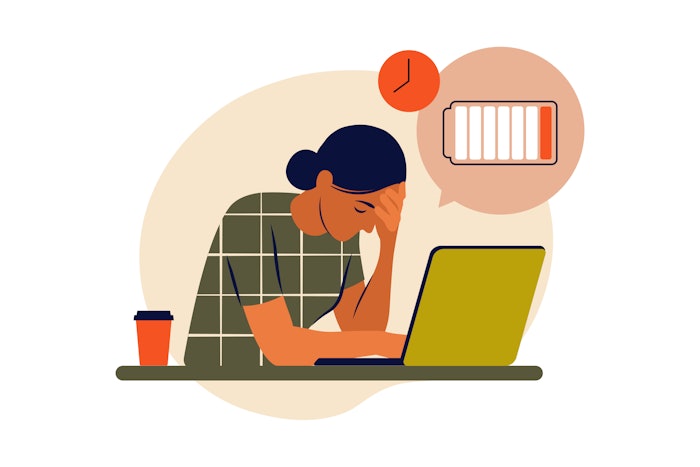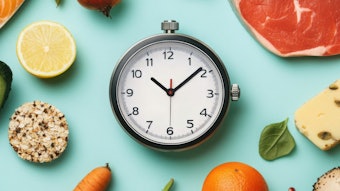
lululemon commissioned an online survey managed by Edelman Data & Intelligence (DXI) to provide a glimpse into the worldwide state of well-being. For the purposes of this research, “well-being” is defined by three core elements: physical, mental and social. The balance of these three elements makes up the core of being well and feeling your best.
Last year, people increasingly prioritized their well-being— yet the state of well-being didn’t improve. This year, the report found that the constant pressure to improve our well-being is actually making us less well. The good news? The research highlights three strategies that can reduce this pressure and help people to get unstuck.
While the importance of well-being is stronger than ever, so is the pressure to keep up. It was revealed that two in three people (61%) are feeling pressure from others and society to support their well-being in specific ways. 45% of participants are experiencing well-being burnout, and 63% experiencing well-being burnout feel powerless when it comes to improving their well-being.
Global well-being scores have not improved in the last four years, remaining at scores of 65-66, on a scale of 100. People who feel more well-being pressure are more likely to feel well-being burnout. 55% of people who feel well-being burnout are more likely to experience well-being pressure.
Related: How Beauty x Wellness Can Address Stressed-out Consumers: New Data
We're stuck in a perpetual well-being cycle fueled by three key pressure points:
- Unrealistic societal expectations: 61% of people experience overwhelming societal expectations to appear well.
- Conflicting information: 53% say there is a lot of conflicting information about the best ways to improve their well-being.
- Feeling that we’re going at it alone: 89% of those with well-being burnout say loneliness is a contributing factor.
Globally, markets that struggle more with these pressure points are feeling the most well-being burnout — and even more stuck. The top global “well-being burnout zones" include:
- Australia
- New Zealand
- Canada
- Malaysia
- United States
The report found that when people release the pressure to be well and focus on their own journey, they can break the cycle and feel less stuck. In learning from individuals surveyed with higher well-being scores, there are several ways to do this:
- Quiet the noise, so you can hear yourself: Those who take social media breaks report 9% higher well-being. Those setting boundaries in their work and personal lives report 13% higher well-being. Those who practice meditation report 12% higher well-being.
- Do what feels good to you: Those who practice slow living by taking the time to do things at their own pace report 15% higher well-being. Those moving their body a little bit throughout the day report 16% higher well-being. Those who use physical activity as an opportunity to socialize with others report 23% higher well-being.
- Invite others on your journey: Those who are more connected to their community report 16% higher well-being. Those more connected to their community are 28% more likely to feel a sense of purpose. People who participate in team sports report 14% higher well-being.
“Connecting with peers is essential for maintaining mental well-being. Whether it’s through building community in the workplace, in local neighborhoods, or in shared spaces, these relationships truly matter. Strong connections support mental health, and when they flourish, they help create a solid foundation for overall well-being," said Dan Gillison, CEO of NAMI and a lululemon Mental Wellbeing Global Advisory Board Member.










